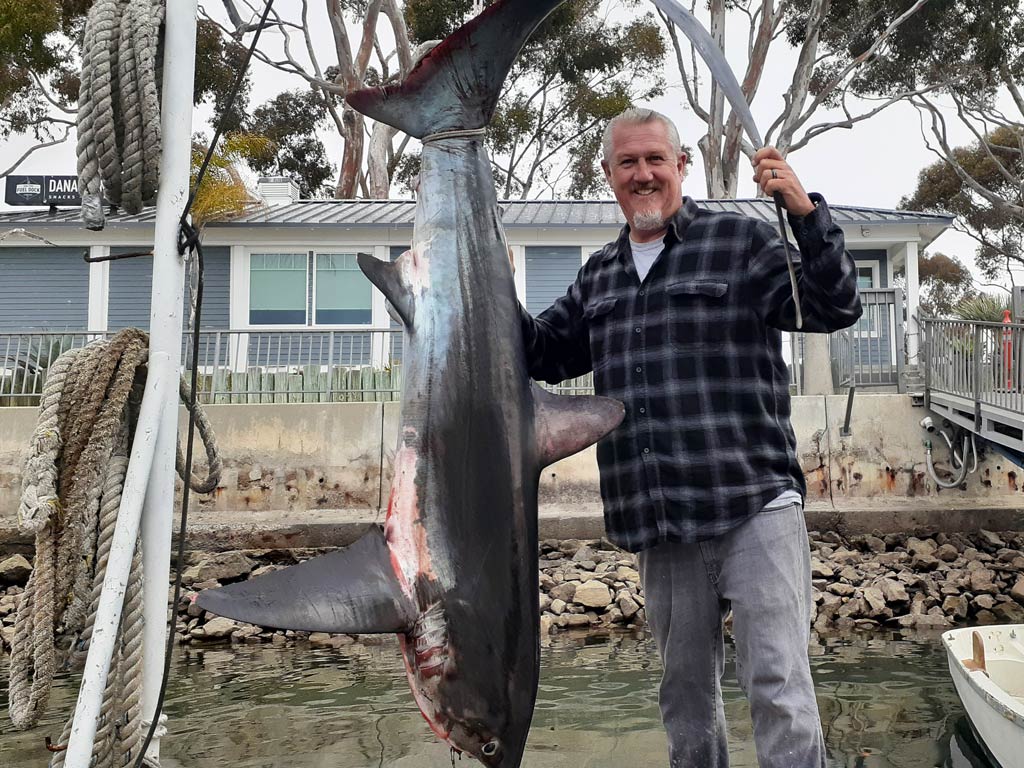Becoming a fishing guide is a dream job for many fishing enthusiasts, combining a passion for angling with the opportunity to share knowledge and skills with others. As a fishing guide, you will lead fishing excursions, teach clients various fishing techniques, and ensure everyone has an enjoyable and safe experience on the water. However, the path to becoming a successful fishing guide involves more than just a love for fishing; it requires skills, certifications, and a thorough understanding of the industry. Consequently, this comprehensive guide will walk you through the essential steps to become a fishing guide. Therefore, by following these steps, you can turn your passion for fishing into a rewarding career.
Building the Necessary Skills
Building the necessary skills is the first and most crucial step in becoming a fishing guide. Mastery of these skills ensures you can provide an exceptional experience for clients. Therefore, focusing on skill development is essential for a successful guiding career.
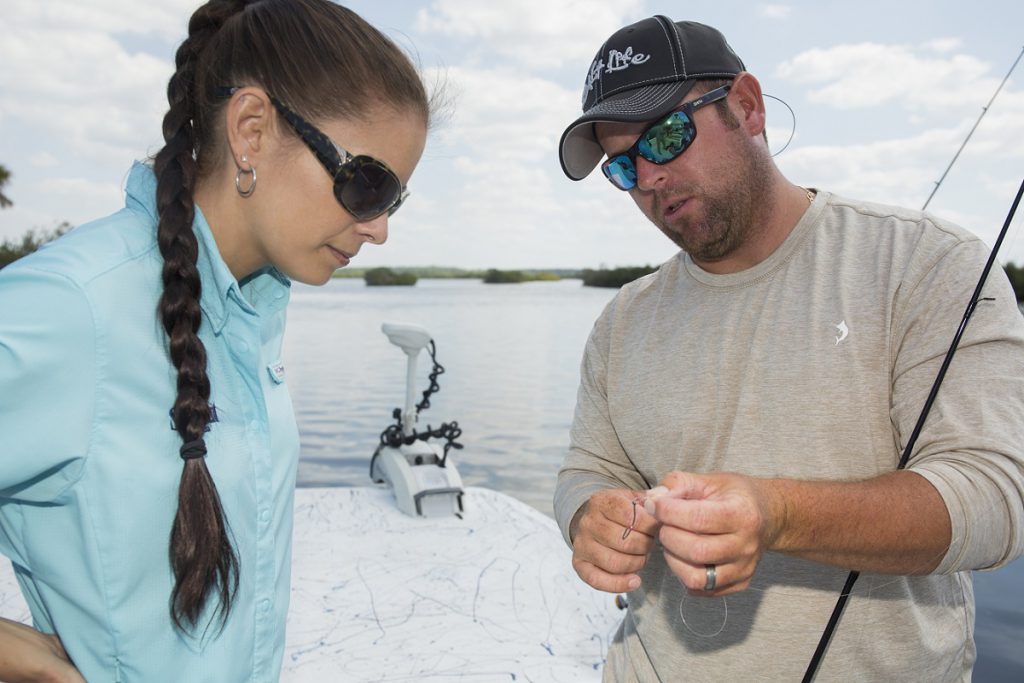
Mastering Fishing Techniques
A fishing guide must master various fishing techniques to cater to diverse client needs and fishing environments. This includes techniques like fly fishing, baitcasting, trolling, and spin fishing. Each method requires specific skills and knowledge about equipment, bait, and fishing strategies. Furthermore, understanding different fish species and their behaviors is crucial. Become proficient in identifying prime fishing locations, reading water conditions, and adapting techniques for different weather patterns. By mastering these techniques, you can confidently guide clients in various settings and provide valuable insights. Therefore, mastering fishing techniques is vital for becoming a competent fishing guide.
In addition to fishing techniques, a fishing guide must possess strong navigation and boating skills. Navigating waterways safely and efficiently is crucial for ensuring a pleasant experience for clients. Obtain certifications in boating safety and navigation, such as a boating license or Coast Guard certification. Learn to operate different types of boats, including motorboats and kayaks, and understand essential maintenance procedures. Additionally, familiarize yourself with local waterways, fishing regulations, and potential hazards. Strong navigation and boating skills contribute to the overall safety and enjoyment of your fishing trips. Therefore, enhancing navigation and boating skills is a key component of your training.
Gaining Experience and Certifications
Gaining experience and obtaining relevant certifications establish your credibility and expertise as a fishing guide. These steps provide formal recognition of your skills and knowledge. Therefore, acquiring experience and certifications is essential for establishing your professional standing.
Securing Guiding Experience
Gaining hands-on experience is crucial for becoming a proficient fishing guide. Start by assisting experienced guides or volunteering with fishing charters to learn the ins and outs of the profession. Use this opportunity to observe and learn from seasoned guides, understanding their interaction with clients and problem-solving techniques. Additionally, participating in fishing tournaments or joining local fishing clubs can help you network and gain valuable experience. Document your experiences, as this will be beneficial when marketing your services and demonstrating your expertise to potential clients. Therefore, securing guiding experience is indispensable for honing your skills.
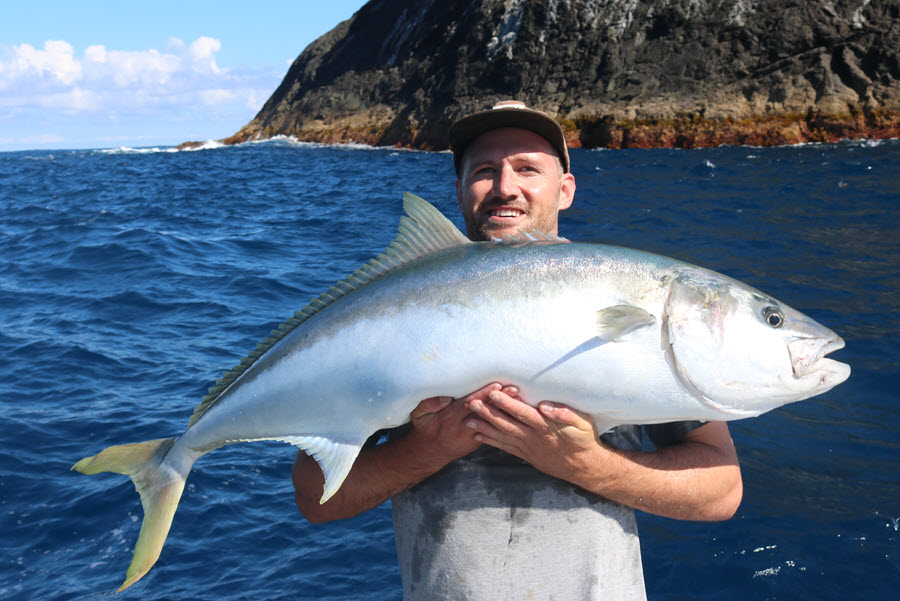
Obtaining Relevant Certifications
Certifications provide formal recognition of your skills and enhance your credibility as a fishing guide. Consider obtaining certifications through recognized organizations such as the International Game Fish Association (IGFA) or the Federation of Fly Fishers (FFF). These certifications cover various aspects of fishing, including technique proficiency, ethical practices, and conservation principles. Additionally, obtaining first aid and CPR certifications is highly recommended to ensure you are prepared for any emergency situations. By acquiring relevant certifications, you demonstrate your commitment to professionalism and safety. Therefore, obtaining certifications is a crucial step in your journey to becoming a fishing guide.
Establishing Your Business
Establishing your fishing guide business involves legal steps, marketing, and building a client base. A well-structured business foundation ensures long-term success and client satisfaction. Therefore, exploring the steps to establish your business is fundamental for your career.
Legal and Licensing Requirements
Starting a fishing guide business requires compliance with legal and licensing requirements. Research the specific requirements in your state or country, as they can vary. Obtain necessary licenses and permits for guiding, fishing, and operating a vessel. This may include a business license, fishing guide license, and boat operator license. Additionally, consider obtaining liability insurance to protect yourself and your clients in case of accidents or injuries. Adhering to legal and licensing requirements ensures your business operates within the law and builds trust with clients. Therefore, understanding and meeting legal and licensing requirements is essential for establishing your business.
Marketing Your Services
Effective marketing is crucial for attracting clients and establishing a successful fishing guide business. Create a professional website showcasing your services, experience, and certifications. Include high-quality photos, client testimonials, and detailed descriptions of what clients can expect from a fishing trip with you. Utilize social media platforms to reach a broader audience, sharing fishing tips, trip highlights, and engaging content. Additionally, consider collaborating with local fishing shops, tourism boards, and lodging establishments to promote your services. Offering promotional discounts or referral incentives can also help attract new clients. Therefore, marketing your services effectively is vital for building a robust client base.
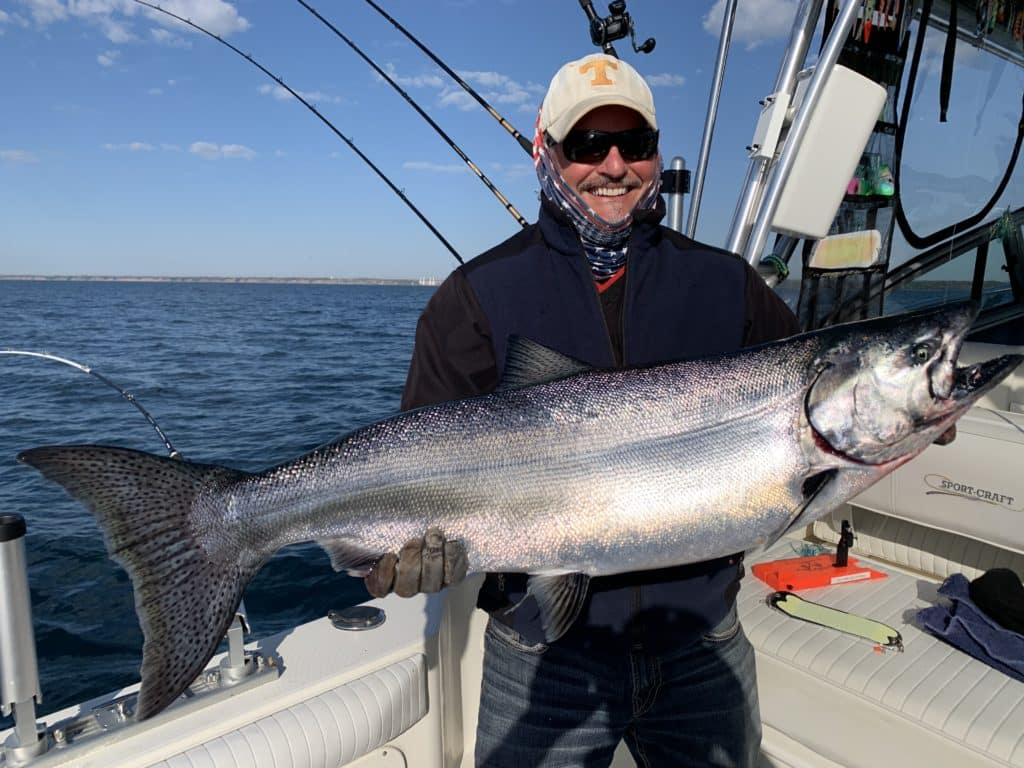
Providing Exceptional Client Experiences
Providing exceptional client experiences is key to building a positive reputation and ensuring repeat business. Focus on client satisfaction and safety to create memorable fishing trips. Therefore, exploring ways to enhance client experiences is essential for long-term success.
Ensuring Safety and Comfort
Ensuring the safety and comfort of your clients is paramount as a fishing guide. Conduct a thorough safety briefing before each trip, covering essential information such as life jacket usage, boat safety, and emergency procedures. Provide high-quality, well-maintained equipment and ensure clients have suitable gear for the conditions. Be attentive to client needs, offering assistance and guidance as needed. Monitor weather conditions and make informed decisions to avoid risky situations. Creating a safe and comfortable environment allows clients to relax and enjoy the fishing experience fully. Therefore, prioritizing safety and comfort is crucial for client satisfaction.
Delivering Personalized Experiences
Delivering personalized experiences enhances client satisfaction and sets you apart from other fishing guides. Tailor each trip to the preferences and skill levels of your clients. Engage with them to understand their interests, whether they prefer targeting specific species, trying new fishing techniques, or exploring particular locations. Provide educational insights about the local ecosystem, fish behavior, and conservation efforts. A personalized approach creates a memorable and enriching experience for clients, encouraging positive reviews and repeat business. Therefore, focusing on personalized experiences is key to building a loyal client base.

Building a Positive Reputation
A positive reputation is essential for long-term success as a fishing guide. Reputation attracts new clients and fosters relationships with returning customers. Therefore, exploring ways to build and maintain a positive reputation is important.
Encouraging Client Feedback
Encouraging client feedback helps you understand your strengths and areas for improvement. After each trip, ask clients for their honest feedback and suggestions. Use this information to refine your services and address any concerns. Positive feedback can be showcased on your website and social media platforms to attract new clients. Additionally, responding graciously to negative feedback demonstrates your commitment to providing excellent service. By valuing client input and continuously improving, you build trust and enhance your reputation. Therefore, encouraging client feedback is essential for maintaining high standards.
Networking and Community Involvement
Networking and community involvement contribute to a positive reputation and broader client base. Participate in local fishing events, tournaments, and community activities to connect with potential clients and other industry professionals. Join fishing associations or organizations to stay informed about industry trends and best practices. Volunteering for conservation projects or community initiatives demonstrates your commitment to preserving the natural environment. Active community involvement boosts your visibility and reinforces your reputation as a dedicated and knowledgeable fishing guide. Therefore, networking and community involvement are vital for building a strong reputation.
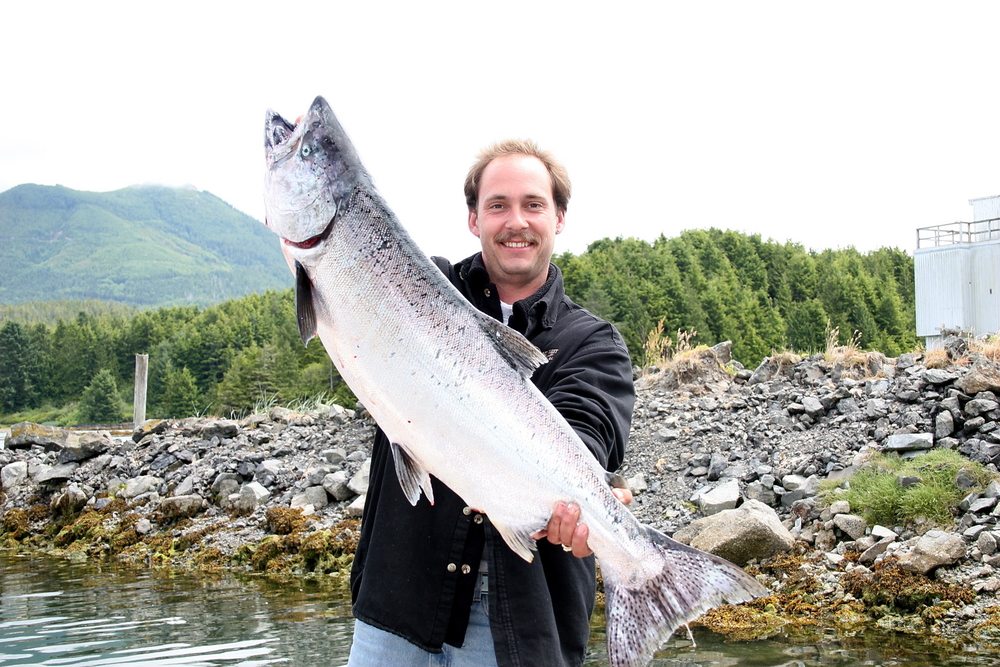
Conclusion: Embarking on a Rewarding Career
Becoming a fishing guide requires a blend of passion, skills, experience, and business acumen. By mastering various fishing techniques and enhancing boating skills, you lay the groundwork for a successful career.
Gaining hands-on experience and obtaining relevant certifications establish your credibility and expertise. Navigating legal and licensing requirements, along with effective marketing strategies, are essential for establishing your fishing guide business.
Focusing on client satisfaction by ensuring safety, comfort, and personalized experiences creates memorable fishing trips and fosters repeat business. Building a positive reputation through client feedback, networking, and community involvement further enhances your career prospects.
Therefore, by following these comprehensive steps, you can turn your passion for fishing into a rewarding and successful career as a fishing guide. Embrace the journey and inspire others with your expertise and love for angling. Happy guiding!
